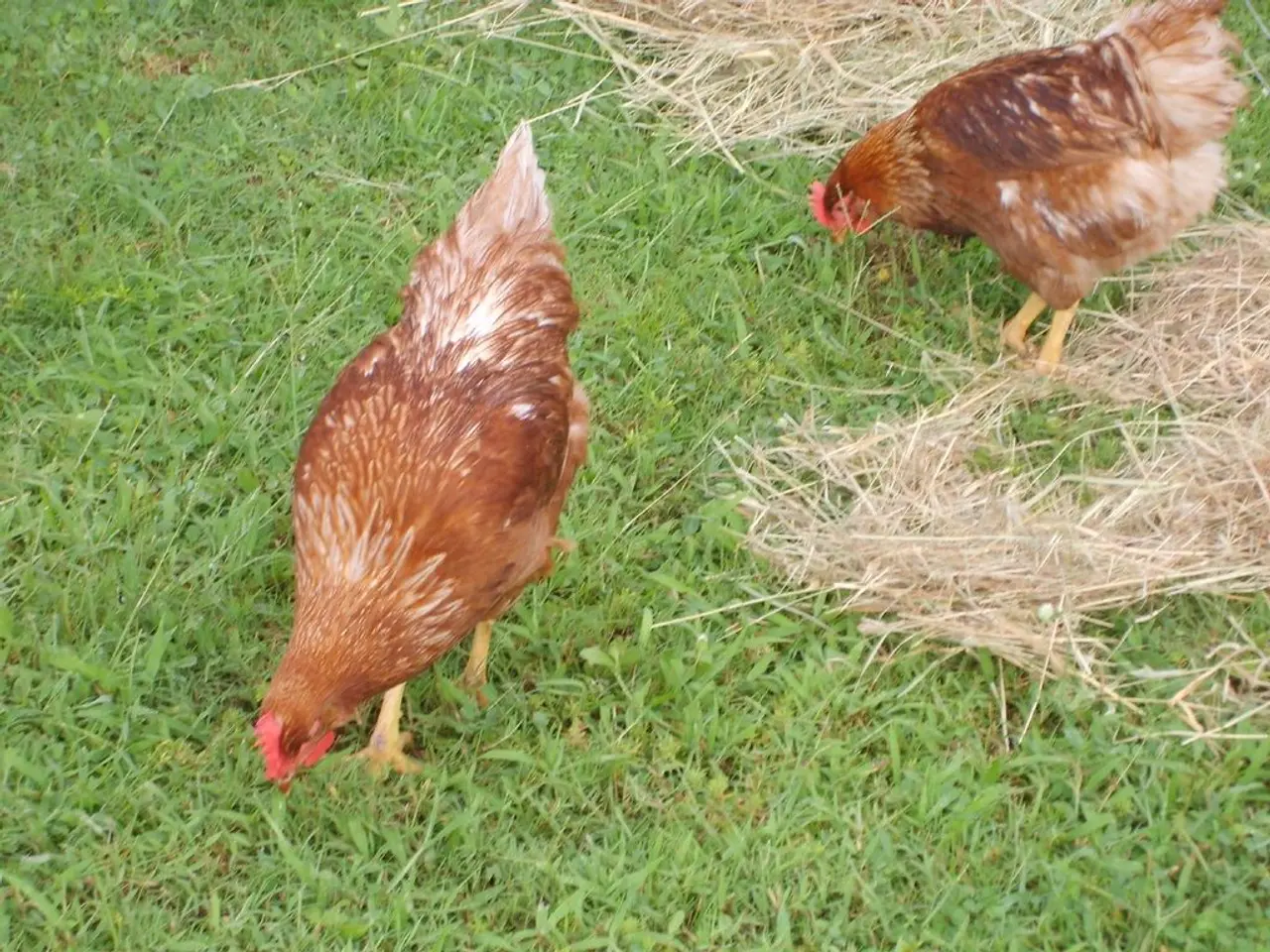Negative Effects of Henna on Hair: Delving into the Specifics
Henna, a natural hair dye derived from the Lawsonia inermis plant, has been used for centuries for its colouring and nourishing properties. However, like any beauty product, it comes with its own set of pros and cons.
The Benefits of Henna
Henna offers several advantages. For one, it has natural antioxidant properties that may help keep hair strong. It also contains vitamin E, which can help soften hair, and tannins, which might reduce premature hair graying, although more evidence is needed to confirm this. Additionally, henna can give hair a vibrant shine and make it look fuller.
Henna is also known for its ability to treat dandruff due to its anti-fungal properties. It can work wonders on dark hair, enhancing brown, warm undertones.
The Downsides of Henna
Despite its benefits, henna also has some potential disadvantages. For instance, it can leave hair feeling dry due to the presence of Lawsone. Some people claim that henna can help stave off premature graying, but it can also leave a bright orange luster on lighter locks.
The application process of henna can be messy and difficult to apply evenly. Leaving henna on for more than an hour can cause protein molecules to build up on hair follicles, making hair feel heavy and dense. Incorrect application can strip hair of its natural oils, leading to dry, damaged hair and an irritated scalp.
Choosing the Right Henna Brand
To ensure a safe and effective henna experience, it's essential to choose a quality henna product. Brands known for high quality and free from harmful additives that can cause irreversible hair damage or allergies include Khadi, Logona, Sante, Radico, It's Pure Organics, and Thats me organic. These brands offer organic, natural, and chemical-free ingredients, ensuring gentle coloring and hair care with no harmful substances such as metal salts or synthetic chemicals.
Safety Precautions
It's important to note that henna can easily stain skin, clothes, and other materials. Therefore, it's advisable to wear old clothes and gloves during application. Also, a patch test should be done before using henna to check for allergies.
Avoid black henna, as it contains paraphenylenediamine (PPD) and can cause severe allergic reactions and chemical burns.
Aftercare
After rinsing henna dye, leave hair alone for 24 hours before shampooing and conditioning. Adding a moisturizing mask may provide extra hydration. Using moisturizers like honey, coconut oil, or aloe vera to the henna dye may help combat dryness.
Conclusion
Henna, as a natural hair dye, offers several benefits, including nourishing hair and enhancing its colour. However, it's important to be aware of its potential downsides and to choose a quality henna product. With the right care and precautions, henna can be a great choice for those seeking a natural alternative to commercial hair dyes.





